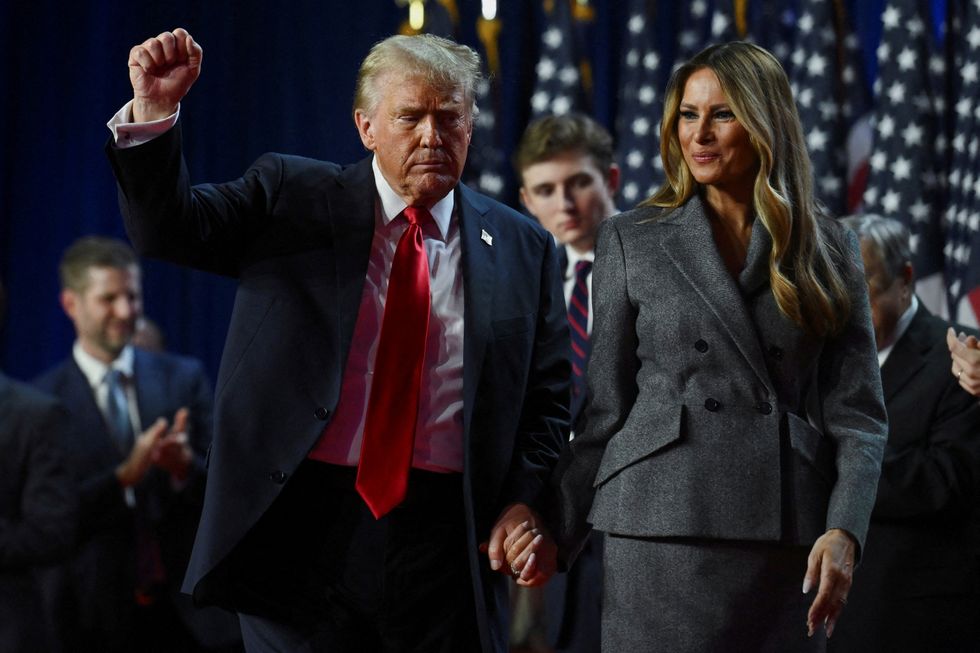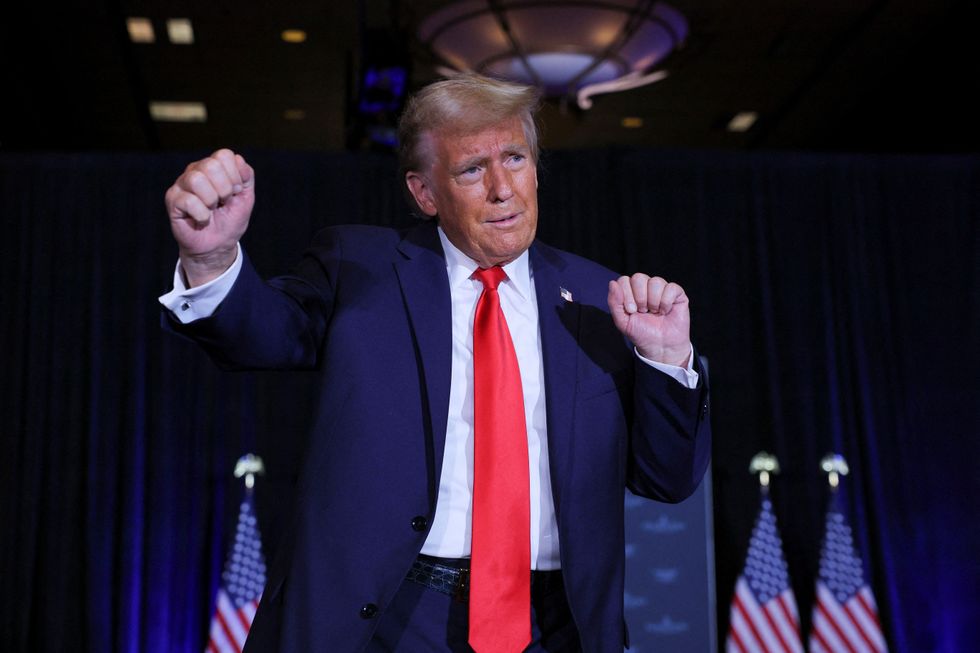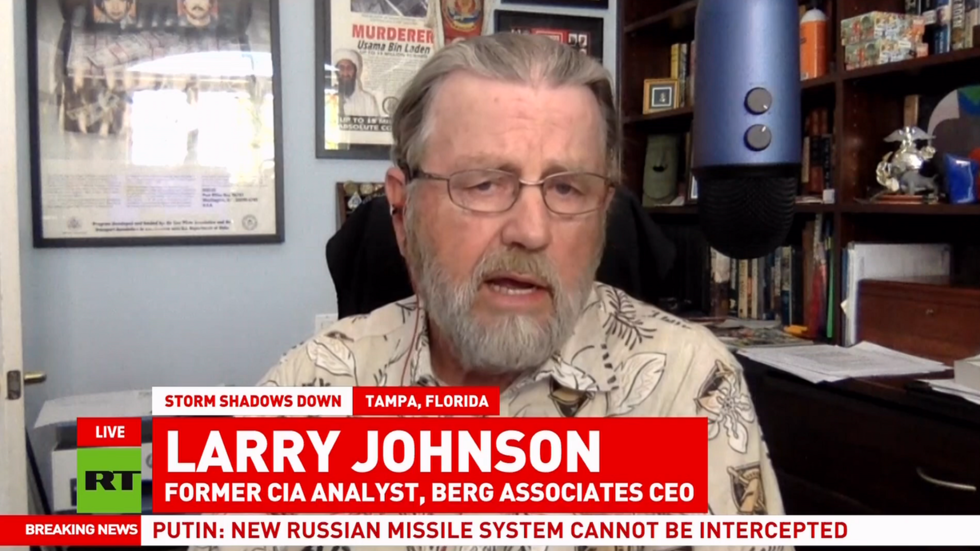One week ago, Donald Trump won the US Election and will be inaugurated as the 47th President of the United States in January, despite many pollsters predicting a Harris win just hours before polls closed.
The ‘silent majority’ is being suggested as one of the reasons for these polls being proved wrong.
The term, ‘silent majority’, was made famous by former US President Richard Nixon, referring to those who do not express their opinions publicly.
John Kenneth White, Professor of Politics at The Catholic University of America, drew parallels between Trump's victory and Nixon's victory in 1969, telling The Hill that: "Just as in Nixon's time, a silent majority has arisen and made its voice heard."

Professor White added: “For the first time since 2004, Republicans won a majority of the popular vote. Like Nixon, Trump’s victory was built upon their grievances.
“America was becoming polarised, and Republicans were able time and again to call upon their silent majority to deliver them victory.”
Ben Walker, co-founder of Britain Elects debunked this idea though and told GBNews the 'silent majority' did not have as great an impact as others are depicting.
He said: "It's less 'silent majority' and more apathetic voters driven by resentment of the status quo and a desire to 'shake things up' turning out by more than anticipated to deliver better than expected results."

White said: "Americans disapproved of Joe Biden. Exit polls found just 40 per cent approved of Biden’s performance as President.
“Trump's victory means that he now owns the Republican Party lock, stock and barrel.”
He concluded: "The road ahead is still perilous - for Trump, for the Democrats, and for our democracy itself."

 By GB News (World News) | Created at 2024-11-14 13:11:52 | Updated at 2024-11-22 03:43:19
1 week ago
By GB News (World News) | Created at 2024-11-14 13:11:52 | Updated at 2024-11-22 03:43:19
1 week ago








